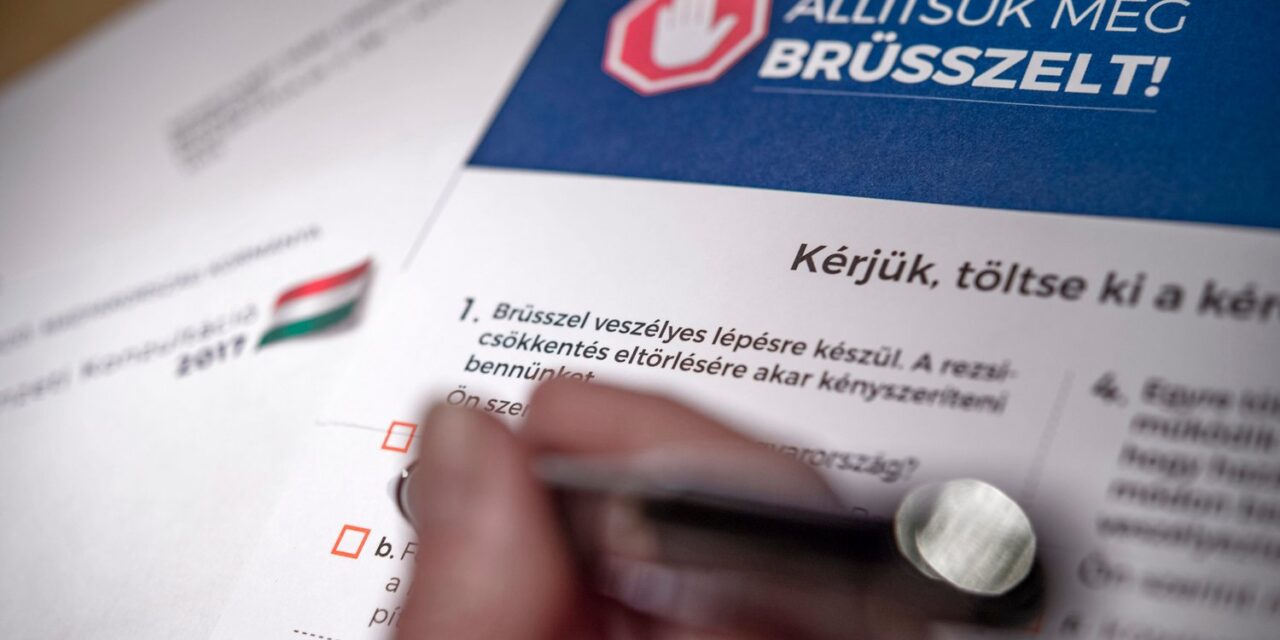The European Commission expects the government to immediately end the utility reduction and family support measures.
country-specific recommendation for Hungary
Brussels is calling on the Hungarian government to immediately abolish all measures that protect families and businesses from the record-breaking extreme price increases experienced in the last two years in the entire European Union.
The EU committee expects Hungary to abolish it immediately
- utility reduction that protects families,
- subsidy for enterprises,
- home building subsidies,
- the interest rate cap introduced for loans with variable interest rates,
- the price caps,
- as well as state-supported residential
- and discounted loans available to businesses.
The executive body of the union rejects widely available state subsidies and believes that only the most needy, low-income households should receive budget support to pay the gas and electricity bill or to build a home.
In addition to making the country's budget policy unsustainable in the medium term, family support measures also hinder the EU's green and digital transition, the committee believes.
According to Brussels, the reduction of energy dependence and the reduction of the proportion of fossil energy carriers can only be imagined if the European people are encouraged by the governments to reduce their use. The EU recommendation openly states that high energy prices are essential for households to reduce their energy consumption and to implement costly energy efficiency investments.
The Union also criticizes the Hungarian government for providing budget support to middle- and high-income households. According to the committee, only low-income households should be supported, and the amount of social benefits should be increased.
It was highlighted: the current family subsidies and the utility reduction will increase the state's net operating expenses by 7.7 percent in 2024. In order to ensure medium-term budgetary stability, expenditures should not increase by more than 4.4 percent.
In the midst of criticism, Brussels admits that while this year 1.2 percent of GDP will be spent on utility reduction, this proportion will be only 0.2 percent of GDP next year. According to unanimous forecasts, by the end of 2024, Hungary will once again meet the deficit target of below 3 percent and dynamically reduce the public debt in the following years, but due to the reduction in utilities, the interest rate cap and the special taxes imposed on extra profits, Brussels does not consider it realistic to observe budgetary discipline, therefore criminal proceedings have been put in place for 2024 prospect.
Brussels would like to see a two and a half times price increase
Speaking to Mandiner, Piroska Szalai, NKE expert, emphasized: if the overhead reduction in the case of electricity and gas were to end, the price of energy carriers in Hungary would at least rise to the same level as the prices in Prague, Warsaw or Bratislava. Estimated from the latest data of the Hungarian Energy and Public Utilities Regulatory Office
the elimination of utility reduction would mean a price increase of at least two and a half times, which in itself would significantly increase the risk of poverty. Moreover, if household energy prices were to increase, the price-inflating effect would affect other products as well, which would once again generate inflation and reduce consumption.
The government is therefore also waiting for people's opinions on important economic issues in the new national consultation.
The new national consultation is coming, and utility reduction is an important topic
Government spokesperson Alexandra Szentkirályi recently spoke about the fact that the new national consultation will also include three economic-themed questions in which "Brussels has attacked Hungary and wants to impose its will on us".
These are questions that significantly determine the Hungarian economy and the everyday life of Hungarian families. Brussels wants to achieve the abolition of the overhead reduction, the interest rate cap and the extra profit tax, the government spokesman stated.
The full article on Mandine .
Cover image: Photo: MTI / Zsolt Szigetváry













